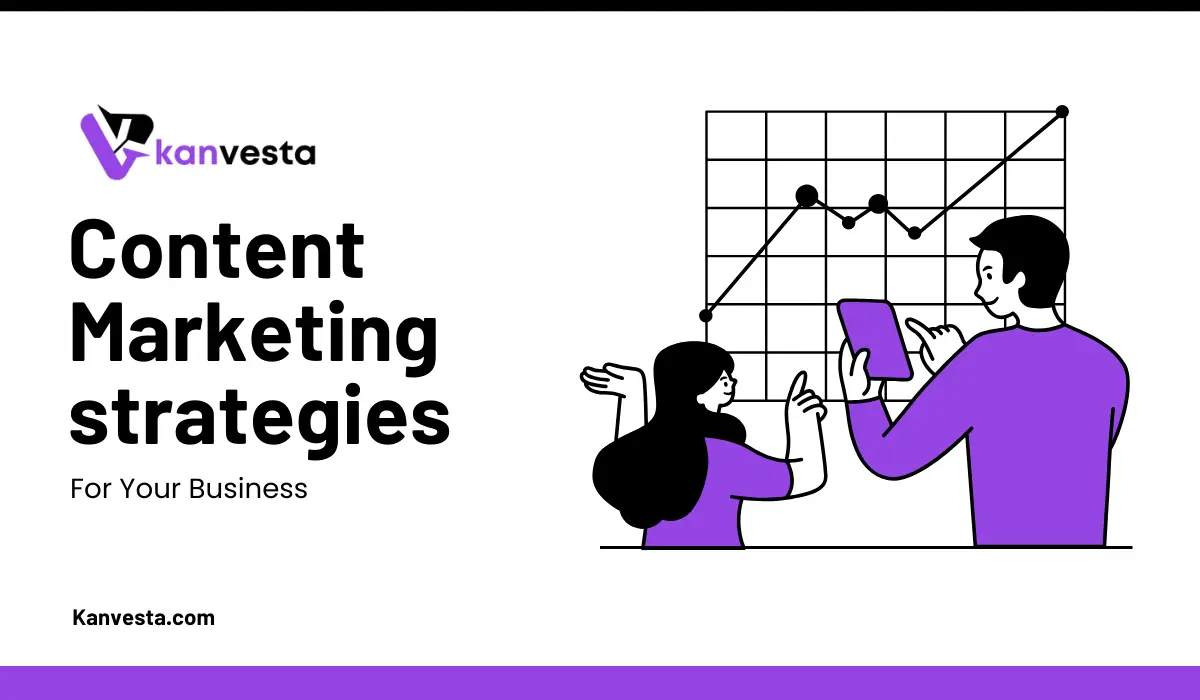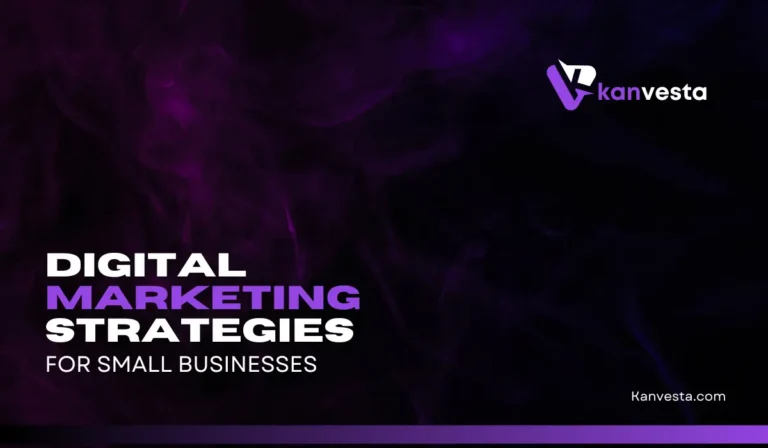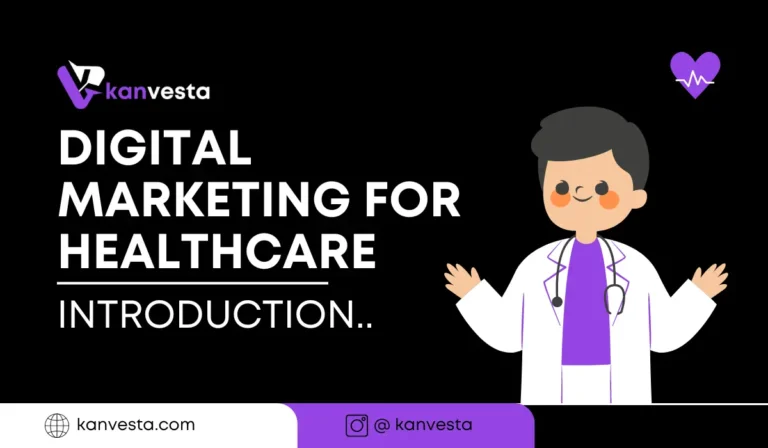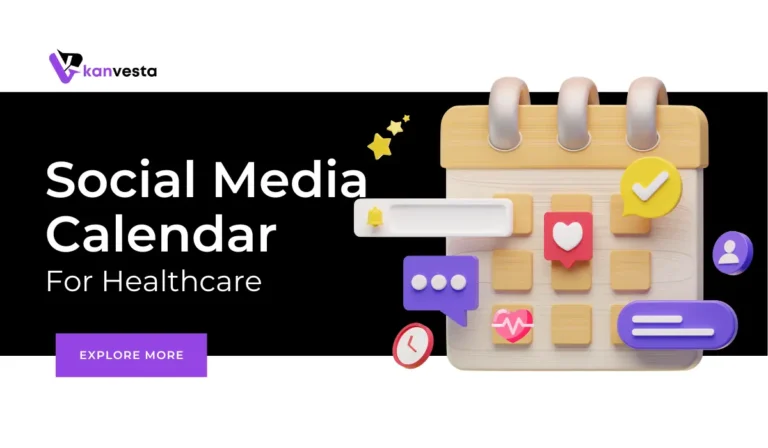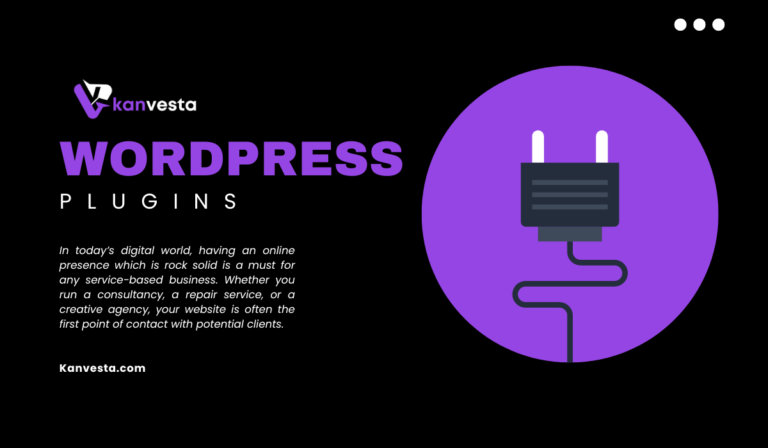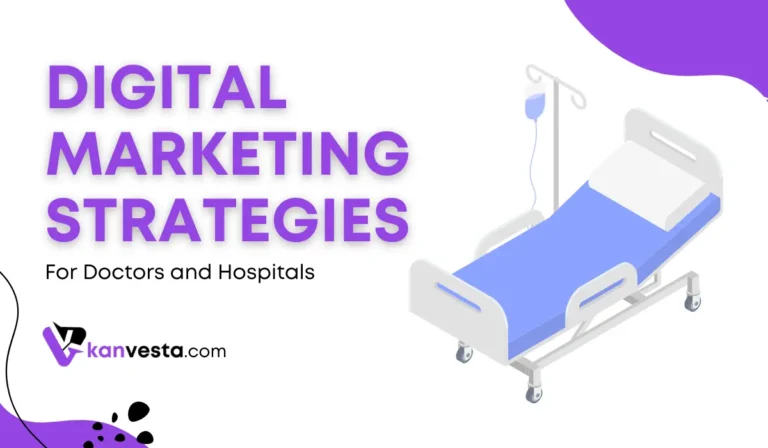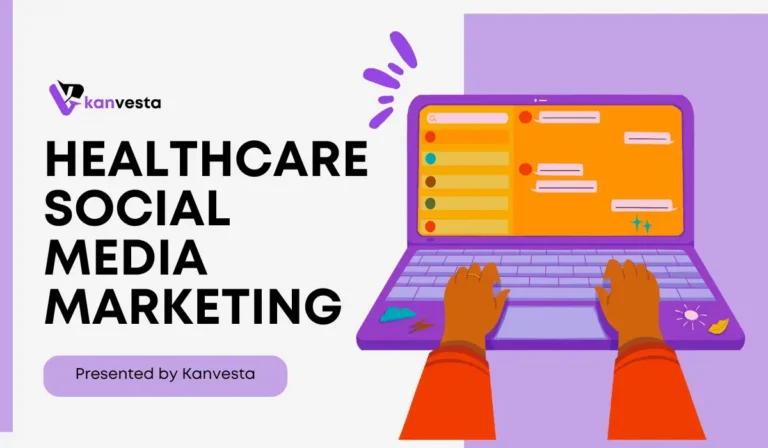Best Content Marketing Strategies 2024
Content marketing has become not just a valuable tool but one of the best content marketing strategies for any business to thrive online. It’s no longer enough to simply have a presence; you need to create and distribute content that engages your audience, builds trust, and drives conversions.
Understanding Your Audience
Defining Your Target Audience

It’s important to understand who your audience is. Conduct thorough audience research to identify demographics, interests, pain points, and preferences. This helps in creating accurate audience personas that guide your content marketing strategy.
Analyzing Audience Needs and Preferences
Once you’ve defined your audience, research deeper into their needs and preferences. What challenges do they face? What kind of content formats do they prefer consuming? Understanding these aspects allows you to create your content to resonate with your audience effectively.
Crafting Compelling Content: The Core of Content Marketing
Types of Content That Work
- Blog Posts: These are versatile and allow you to delve into topics in-depth, positioning your brand as an authority in your industry.
- Videos: Visual content can captivate and engage your audience quickly. Create how-to videos, product demonstrations, or even behind-the-scenes glimpses to connect on a more personal level.
- Infographics: These are great for presenting complex information in a visually appealing and digestible format, making data more accessible and shareable.
Optimizing Content for SEO

Using search engine optimization (SEO) practices into your content makes it more discoverable by your target audience. Conduct keyword research to understand what terms your audience is searching for and integrate them naturally into your content.
Building a Strong Content Calendar

Planning Ahead: Why It Matters
A content calendar helps you stay organized and consistent with your content efforts. Define your content goals—whether it’s increasing brand awareness, driving traffic, or generating leads—and create a schedule for publishing content aligned with these goals.
Content Curation vs. Creation
Balance between creating original content and curating relevant content from trusted sources. Curated content not only saves time but also positions your brand as a reliable source of industry information.
Promotion and Distribution Strategies
Utilizing Social Media Platforms

Choose social media channels that align with your audience’s preferences and behavior. Tailor your content for each platform—whether it’s LinkedIn for professional insights, Instagram for visual storytelling, or Twitter for real-time updates.
Email Marketing: Leveraging Direct Engagement

Email continues to be a powerful tool for nurturing leads and building strong customer relationships. Utilize automation tools to segment your audience based on their preferences and behaviors, delivering targeted content that resonates.
Measuring Success: Metrics and Analytics
Setting Measurable Goals

Define key performance indicators (KPIs) that align with your business objectives. These could include metrics like website traffic, social media engagement, email open rates, and conversion rates. Setting clear goals helps you measure the effectiveness of your content marketing efforts.
Analyzing and Adapting Strategies
Regularly monitor and analyze your content performance using analytics tools. Identify which types of content resonate most with your audience and which channels drive the most engagement. Use these insights to refine your content marketing strategy, experimenting with different formats, topics, and distribution methods to optimize results.
Frequently Asked Questions (FAQs)

- What is the role of SEO in content marketing?
- SEO enhances content visibility by optimizing it for search engines, helping your content reach a wider audience.
- How often should I update my content strategy?
- Evaluate and update your content strategy regularly to adapt to changing audience preferences and industry trends.
- Can content marketing work for small businesses?
- Yes, content marketing can be highly effective for small businesses, helping them establish authority and attract a loyal customer base.
- Is video content more effective than written content?
- Both video and written content have their strengths. Video content tends to be more engaging visually, while written content can convey detailed information effectively.
- How can I measure the ROI of content marketing?
- Measure ROI by tracking metrics such as website traffic, conversion rates, and customer acquisition costs related to your content efforts.

